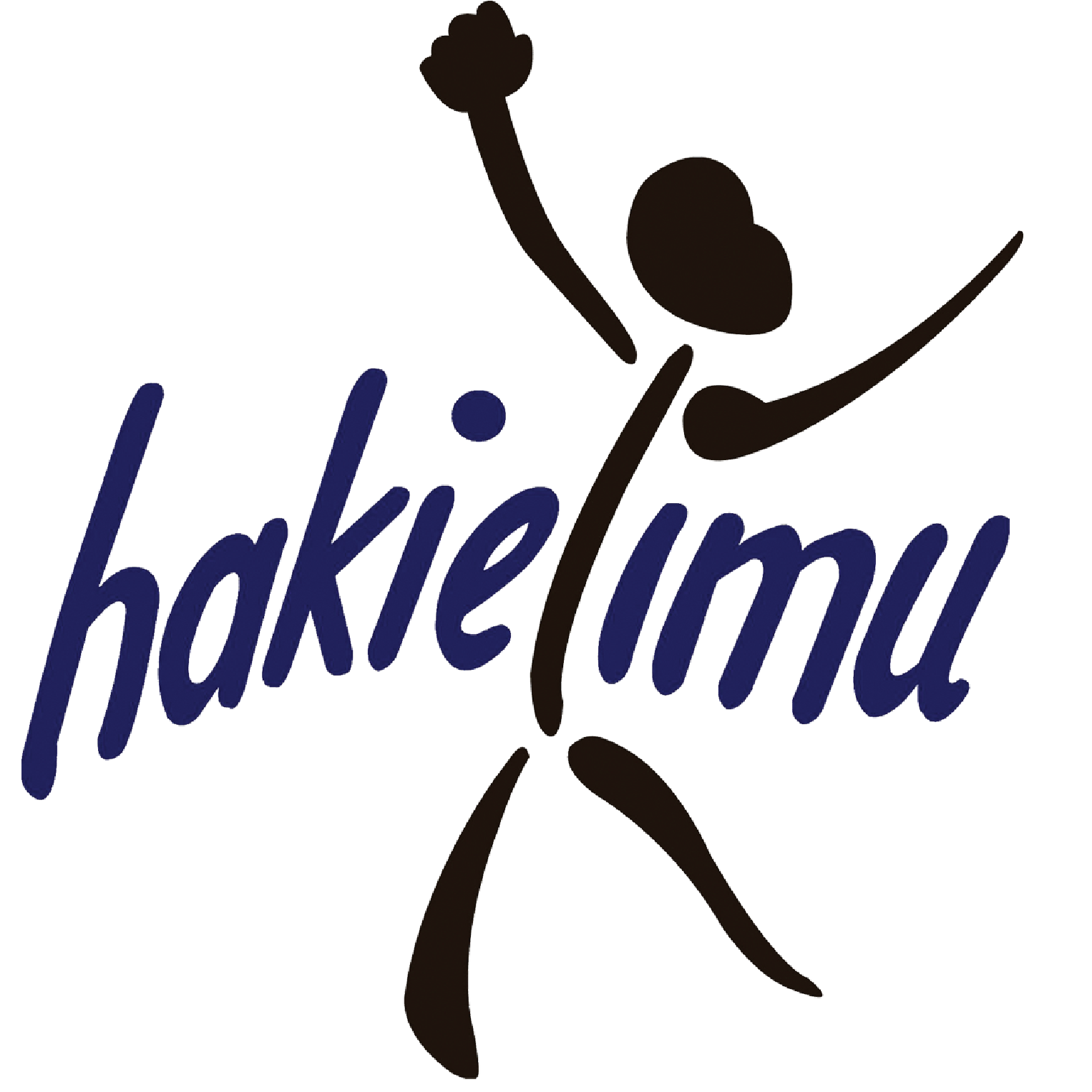This project aims to promote Community Inclusive Development, particularly for persons with disabilities, to facilitate their participation and ensure equal access to quality inclusive education and community support services by April 2025. The project anticipates achieving the following outcomes:
- Identification and enrolment of children with disabilities into appropriate levels of schooling.
- Enhancement of teachers' competencies in applying child-centered inclusive teaching approaches.
- Strengthening of accountability among local government authorities in monitoring the implementation of the National Strategy for Inclusive Education (NSIE).
By the conclusion of the project, a total of 4,000 children (2,000 female, 2,000 male), encompassing both those with and without disabilities, in primary and secondary schools will benefit from the initiative across three districts: Mpwapwa, Kilosa, and Korogwe. Among these beneficiaries, 1,600 will be from urban areas, and 2,400 will be from rural areas. Additionally, out of the total 4,000 children, 500 will have disabilities, comprising 200 aged 6-14 and 300 aged 15-19 years.







